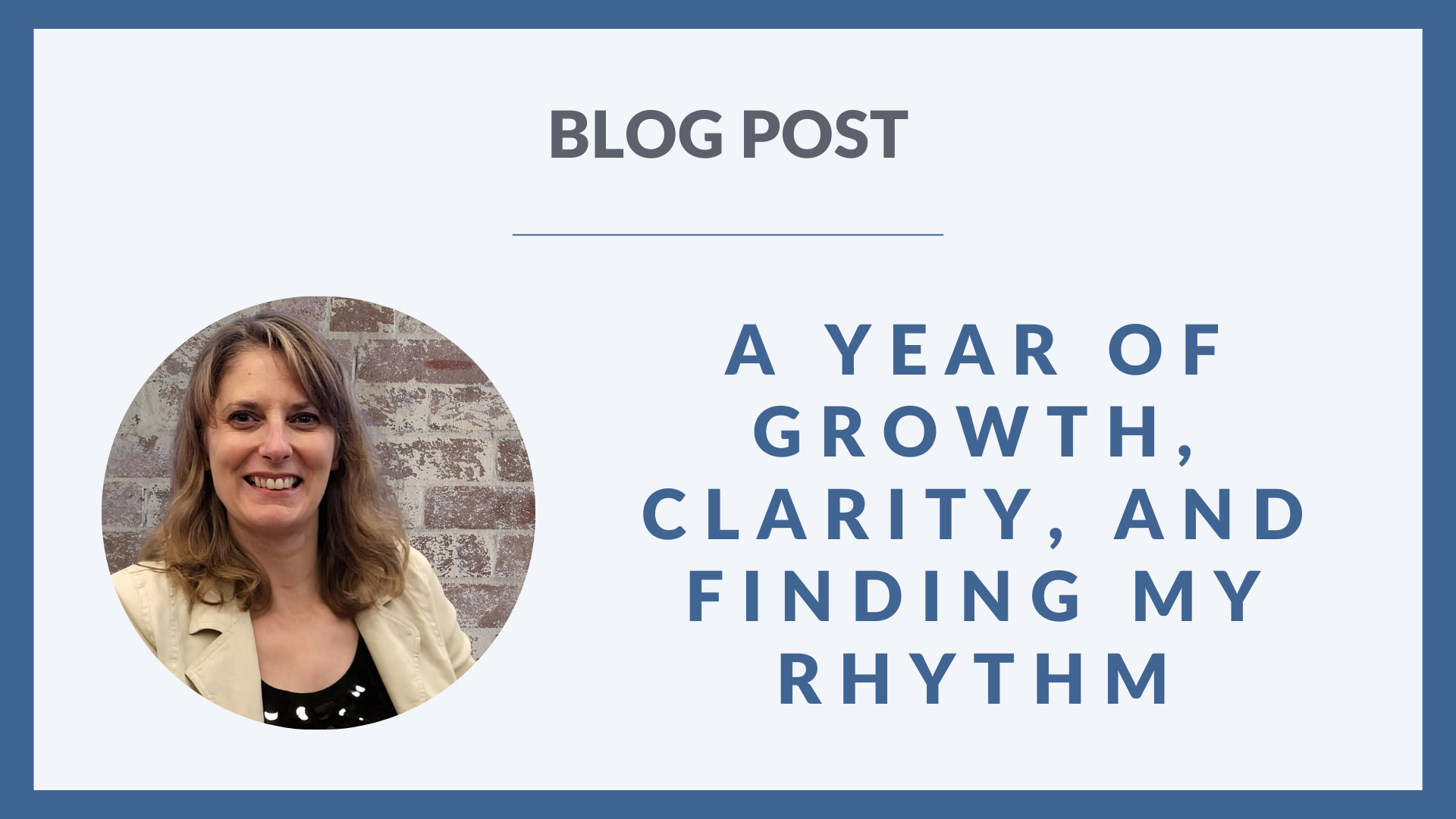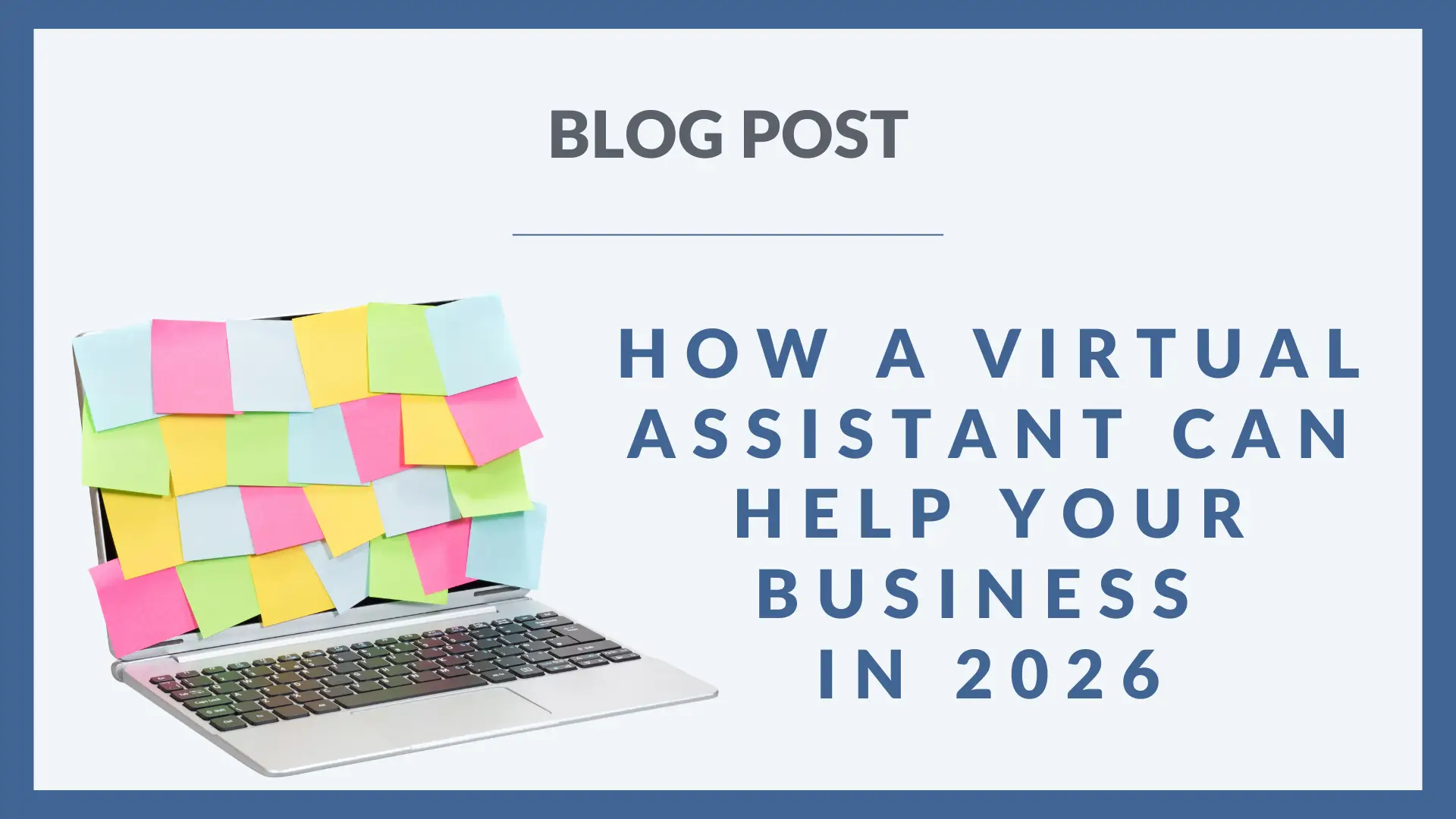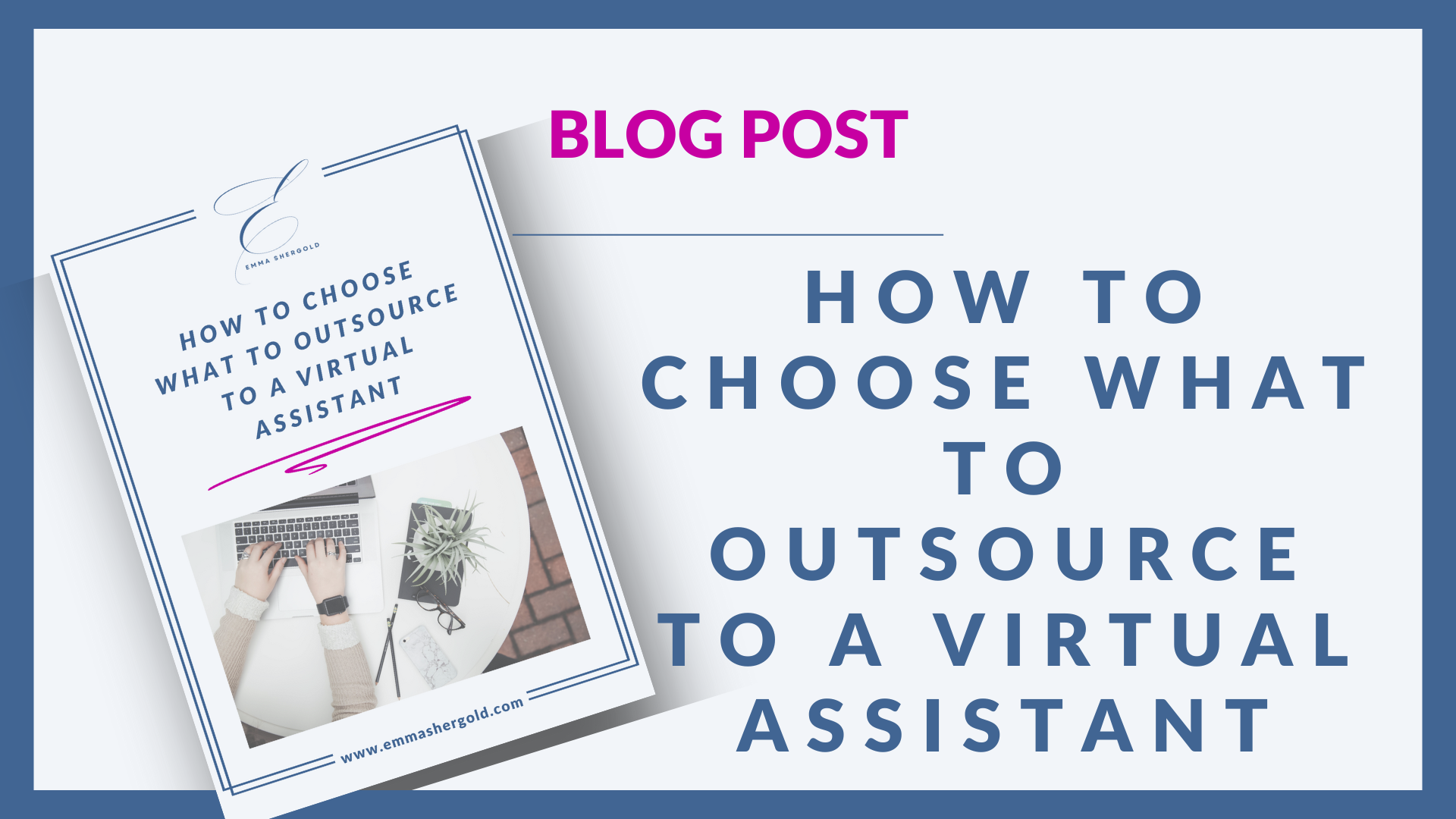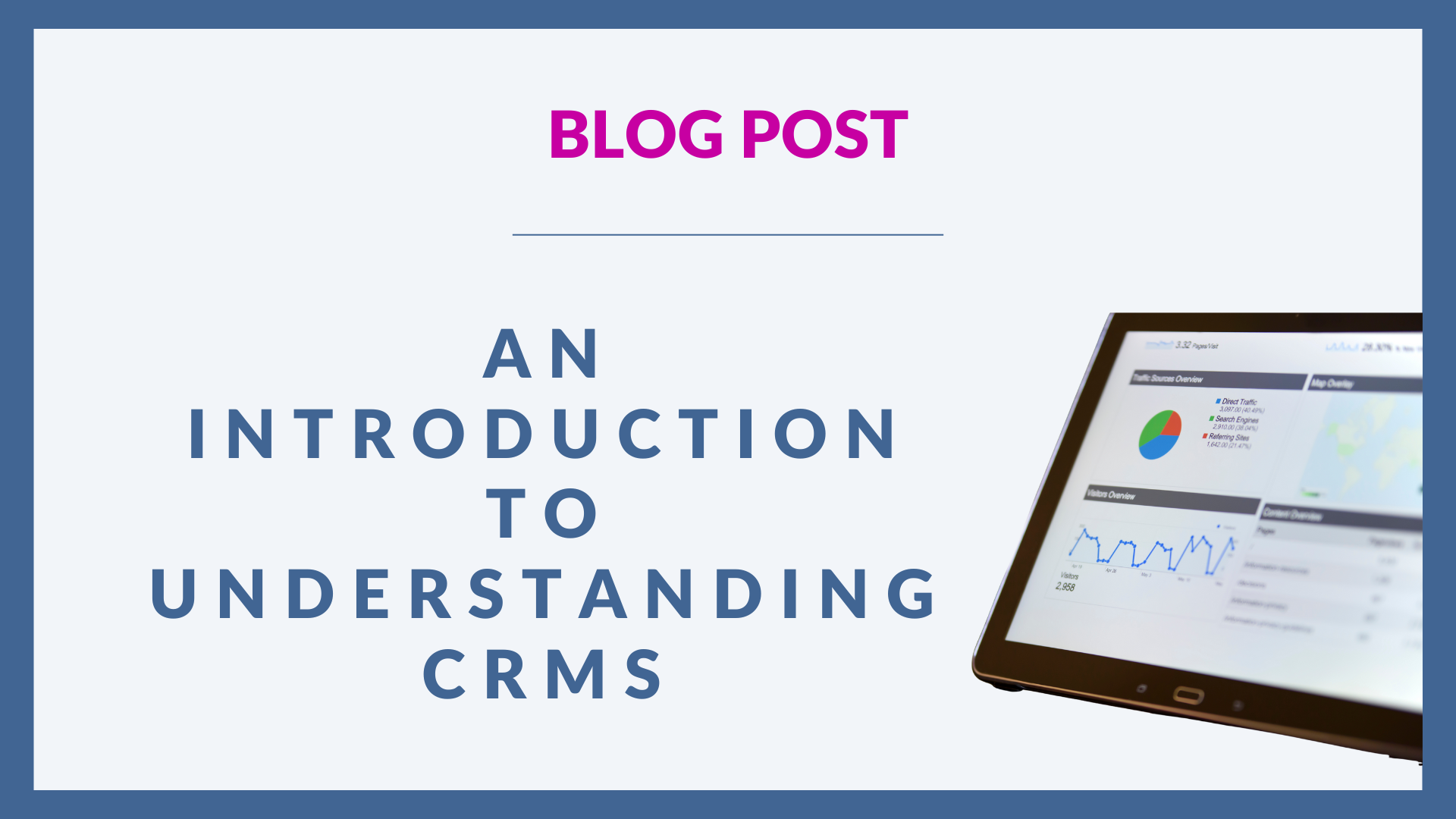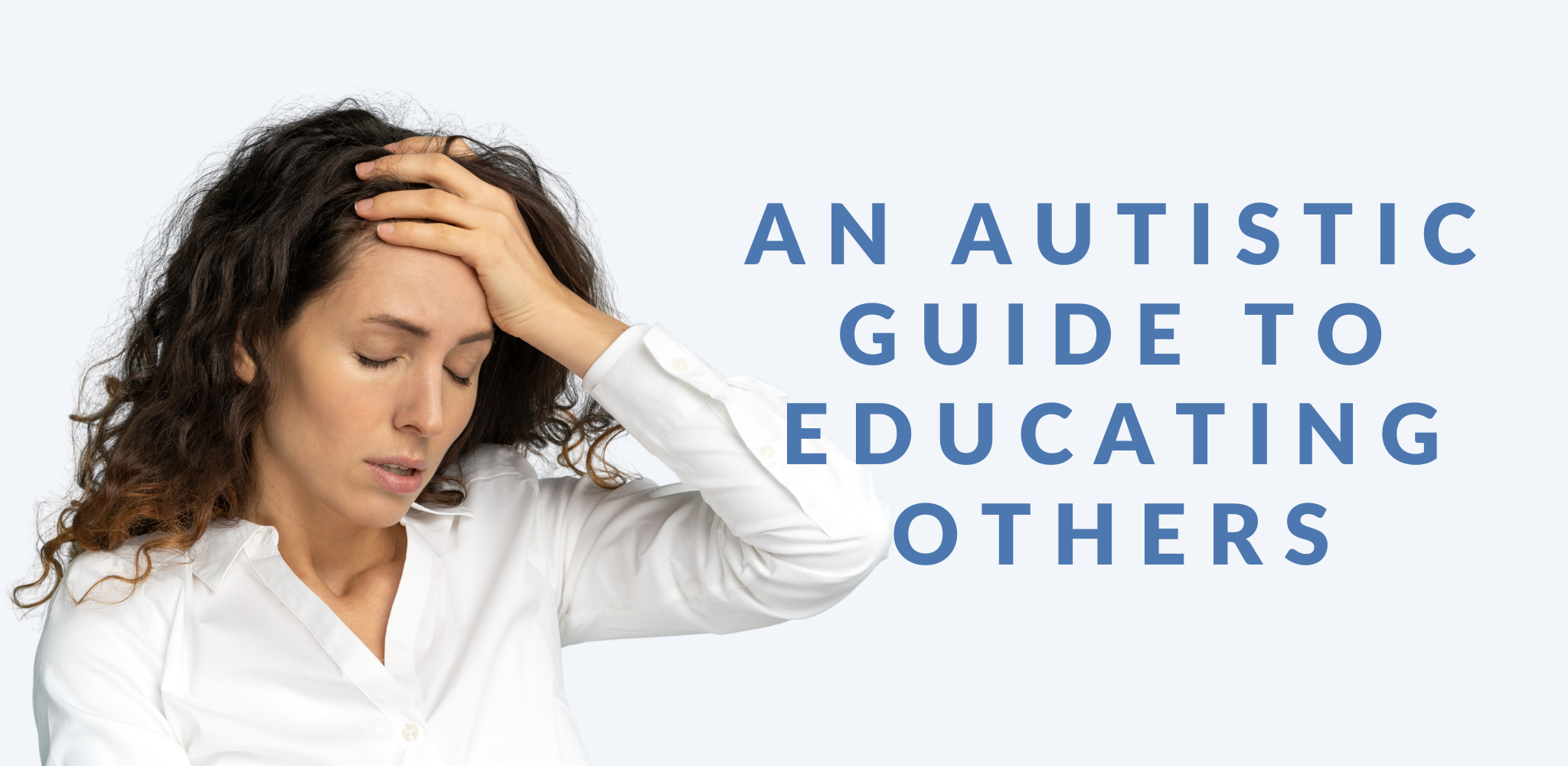
Recent Posts
Categories
Connection Corner Newsletter
I share what I’m learning about running a business – the wins, the mistakes, and admin solutions that actually work. Delivered fortnightly to your inbox.
Admin-focused Coworking Sessions
Join other business owners for admin focused coworking sessions that gets stuff done. Weekly 1-hour sessions. Monthly topics. Get stuff done together.
Free Resources
Work with me
Whether you would like a done for you or done with you VA service, or you would like a bit of guidance to get you started, please complete my work with me form, from which you will be directed to book a free initial consultation.
AN AUTISTIC GUIDE TO EDUCATING OTHERS
Updated: April 17, 2025
Introduction
This blog was first written in February 2023 when I was still in burnout, unable to work and I feeling extremely angry and frustrated about how I difficult I was finding it trying to navigate the world as a relatively newly diagnosed AuDHD person (autistic with ADHD).
When I reviewed this blog in 2025 I thought about rewording it to remove some of that anger and frustration but decided instead to share the reality of what it feels like to be an understood AuDHD person and the unrealistic expectations put on neurodivergent people (and any minority group for that matter) to have to continually explain and justify who they are.
Although I have now managed to move past the anger and frustration and focus on creating a life that does work for me, the facts of my original blog remain the same and are experienced by neurodivergent (and other minority groups) on a daily basis.
This is still unacceptable and the rest of the world needs to start taking responsibility to educate themselves on these topics – as I mention in the blog itself, complete and accurate ‘formal’ research may not exist because so little has been done, but there is now an abundance of lived experiences and advocates from whom a lot can be learned.
An autistic guide to educating others
“Where’s your proof?” is unfortunately a comment I am seeing all too often on other people’s posts about their experiences, self diagnoses, and even clinical/formal diagnoses of autism and ADHD, especially in relation to late diagnosed women or people assigned female at birth (AFAB).
If the people asking this incredibly invalidating question are after an x-ray to show which part of us is broken, or an MRI that identifies the area of our brain that is diseased, then they are in for a huge disappointment.
Why will they be disappointed? Because:
- We’re not broken
- We’re not diseased
- Nobody has deemed us important enough to do (m)any studies on our experiences, so we are having to do our own research and understanding by communicating with others with similar experiences.
Then, because some of us are highly empathetic people, and can’t bear the thought of other people going undiagnosed for so long without any support, we are sharing our experiences to highlight what autism and ADHD looks like in middle-aged women.
We also share our struggles over the years to raise awareness to other adults who are parents, employers, healthcare providers, or anyone who cares enough about other people to take an interest, so they may recognise if someone they know may be presenting any similar signs of autism and ADHD.
For some people, though, this explanation will not (ever) be enough.
How it feels to have to keep validating yourself
It isn’t exhausting enough to have been told you’re not good enough for 40+ years and to have your thoughts and behaviours questioned. Every. Single. Day. that you hit complete burnout before anyone even starts paying attention, let alone offering any support. Support which then fades away when they’re happy you’re no longer suicidal and can release that from their conscience.
It’s not debilitating enough to then have early peri/menopause thrown into the mix and ignored for several years because we’re ‘too young’ (for which, in case you’re wondering, there aren’t any studies (or proof as you may want to call it) on how peri/menopause presents early in neurodivergent women because there aren’t even (m)any studies on middle-aged ND women, let alone peri/menopausal ones!).
It’s not enough for us to have all these years of lived experience, combined with years of research (by which I mean communicating with other ND people in the ND community) and possibly a couple of formal diagnoses, if we’re lucky to either live somewhere (ie the UK) where this is accessible after being on a waiting list for 3-4 years (whilst being completely ignored and unsupported during this wait).
We are then expected to provide ‘proof’ that we’re not making all this up and somehow attempt to educate others who didn’t believe us in the first place!
It is unfair to expect us to keep educating others
So, even though I spent more than four decades battling through life, being ostracised by friends, family, work colleagues and society in general, of which two of these years were spent heavily researching my own diagnoses so I could go to my GP and demand an autism and ADHD referral and HRT to even stand a chance of regaining a level with other people who have not had any of these struggles, I am still expected to provide resources and ‘proof’ to help people better understand me.
And I’m then accused of not making enough effort to get on with people (this is beyond so much belief that I fear an exclamation mark would deem it sarcasm).
I ask you – at which point will you deem me important enough to do your own research and let me know how you can include me in your life?
OK, maybe that is a bit unfair. I mean, you have your hair and nails appointment to get to and a big house to tidy ready for the cleaner to come in and clean for you, and a very important career that you’ve managed to sustain and progress, so I’ll give you a few places to start…
Some resources to start your educating yourself
This is by no means an exhaustive list of resources and advocates, but it’s where I began, which then led me on to many other resources along the way:
Sarah Hendrickx video – Girls and Women and Autism: What’s the difference?
This is a really insightful video of how girls present differently to boys and, as such, why girls have been overlooked for autism diagnoses until fairly recently.
Sarah also provides a staggering statistic about the tiny amount of studies that have been done on girls vs those on boys. And much of the early research is now deemed incomplete or inaccurate.
When you take into account that even the boys’ studies don’t cover the traits, behaviours and struggles associated with autistic male adults, you can start to see why middle-aged women have been dismissed for so long.
Sarah also has a number of books that are worth looking at too.
Aspergirls by Rudy Simone
This is the first book I read and I cried with relief at how much it all resonated with me.
This is highly recommended for people who think they may be autistic, who have female relatives who may be presenting with autistic traits and behaviours, and anyone who wants to better understand their autistic female friends and family.
There may well be overlaps with autistic males, but as I am not male, nor have I specifically asked any autistic males if they relate to this book, I can’t comment as such.
Autism – Being Tired all the Time and How to Increase Energy
Although I personally don’t use the terms ‘High Functioning’ and ‘Asperger’s’ when referring to myself or other autistic people, or the word ‘normal’ when referring to non-autistic or neurotypical people, this article is incredibly useful as a summary/overview of why burnout is so common with autistic people.
I also found the line ‘But even doing all of these things right will probably put you on a par with a non-autistic person that does not do any of these things.’ extremely accurate and eye-opening.
Why women may wait decades for an ADHD diagnosis
This rather more helpful article than others that have been in the press recently, gives a brief overview of why women and girls are dismissed and/or mis-diagnosed before receiving an ADHD diagnosis.
Although there isn’t reference to autism in this article, it’s pretty much the same reasons for autism too. If nothing else, this article has links to other articles that you may find useful/informative.
Some things to keep in mind
These resources will maybe take you a week to get through in one go, which may seem a tall ask, but please consider that many of us have spent decades trying to find answers to things we didn’t understand, so with that perspective, I think a week is extremely reasonable.
You can even dip in and out of the resources if it gets a bit too much to process in one go, but again, please remember that we haven’t had that luxury – we’ve had to learn all this stuff whilst (eventually unsuccessfully) trying to hold down the rest of our lives too.
If you have read this blog (with or without the resources) and your response is ‘but everyone is a little bit autistic’ or ‘everyone does/says/thinks that’, then it’s highly likely you are also autistic and/or have ADHD, so these resources are even more important for you.
It’s up to you whether you seek a formal diagnosis, but if you do, I would highly recommend you ask for a dual assessment, i.e. Autism and ADHD at the same time, otherwise they’ll do them separately (like they did mine), and you may be left with only half your answers for another year or so (after you’ve already waited for your first assessment).
If you’re still not convinced…
Finally, in case you still think I am being ‘over dramatic’, let me just clarify what ‘complete burnout’ meant for me.
My complete burnout was being unable to walk up the stairs without needing a lay down.
I was unable to move off the sofa for three months, while my OH did absolutely everything for me, except take me to the bathroom and wash/dress me (although some days pyjamas were the only option).
Yet, my GP told me I ‘just had depression and to go away and deal with it.’
The Mental Health Team discharged me back to my GP.
I was denied any financial support in the form of Personal Independence Payment (PIP) or Universal Credit.
Even now, with two clinical diagnoses, plus a record of my peri/menopause, high levels of anxiety, a Chronic Fatigue and FND diagnosis, I am still having to jump through a ridiculous amount of hoops to even apply for things that other people take for granted.
I hope this blog goes some way to providing you with the ‘proof’ you require before you feel you can take me and other neurodivergent people seriously.
However, if you still have doubts and your comments are anything other than supportive or genuine questions to help you understand us better, I respectfully ask you to step away from here and not engage with me or other ND people until you have the time to educate yourself better.
SUMMARY
(This summary was written when I reviewed the blog in April 2025, so hopefully sounds a bit calmer!).
This is my personal experience of trying to educate others on late-diagnosed autism, and in my case, AuDHD (autism with ADHD).
For four decades, my opinion wasn’t taken seriously because phrases such as ‘I don’t want to do that’, ‘I’m not comfortable in that environment’, ‘that doesn’t work for me’, and ‘I’m happy with my own company’ wasn’t accepted without a formal diagnosis.
Yet, now with several diagnoses, people may say they accept the above statements, but then go on to ask me why.
I will advocate for myself when I have to, but beyond requesting appropriate accommodations, I don’t want to keep explaining myself and educating other people on the choices I make for my own life.
Mainly this is because I find articulating my preferences and the way I feel extremely hard work. It is also because having to explain why I no longer do some things that I used to do triggers previous bad experiences.
There is now plenty of information out there from people who are good at advocating for and explaining about the wider autistic community. People who do enjoy talking and communicating on a regular basis about their and others’ experiences, strengths, preferences and struggles.
Whether you are exploring the possibility that you are autistic yourself, would like to support someone else, or are interested in understanding a bit more about this process, it’s important to remember that obtaining a clinical diagnosis is not possible or wanted by everyone.
In an ideal world, no-one would need to have a diagnosis in order to be heard by all the people who have denied support.
But, sadly, this is still the reality for many late and un-diagnosed autistic adults. The process is difficult because you have to expose everything you find difficult in your life and share all the things you have struggled with before this point.
And the waiting list for a non-private assessment is several years in the UK.
Some people are able to self-identify as autistic, but for others the ‘formal’ diagnosis is required to obtain the support they desperately need.
LEARN MORE ABOUT ADULT AUTISM
If you would like to learn more about autism, and particularly how it presents in women and girls (which can be very different to boys), I would highly recommend the following resources:
- Girls and Women and Autism: What’s the difference, by Sarah Hendrickx
- Aspergirls, by Rudy Simone (available in paperback and audiobook)
- Following hashtags on Instagram, such as #ActuallyAutistic #AutisticAdult #AutismAwareness and #AutismCommunity. Most of these are also on other social media platforms.
- Following accounts on Instagram, such as @embrace.autism (with research-based information) @autistic_at-40, @livedexperienceeducator, @jesdiverges, @autistic_therapist, and @squarepeg.community (which is also a great podcast)
DO YOU NEED SOME SUPPORT WITH EXPLORING YOUR NEURODIVERGENCE?
Whether you are exploring the idea that you might be autistic and/or ADHD, have received a diagnosis and don’t know what to do next, or would like some support to unmask in different areas of your life, I will provide a compassionate and empathetic space for you to discover who you really are.
The first step is to book a free discovery call. This is a Teams video chat where we’ll get to know each other, talk about where you are, what changes you’d like to make, and how I can help you.
Alternatively, if you would like to know more about how I can support you, please either send me a message or email [email protected].


